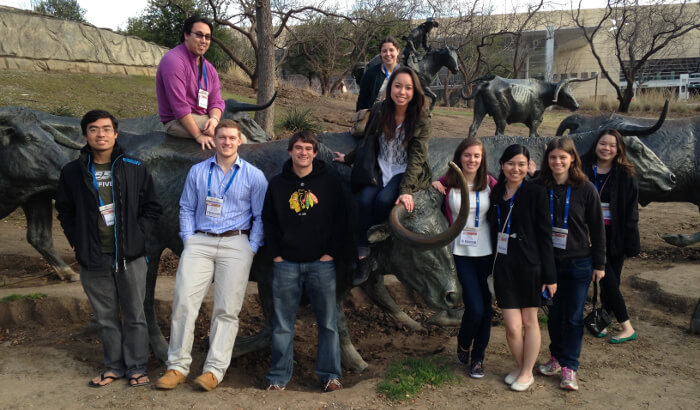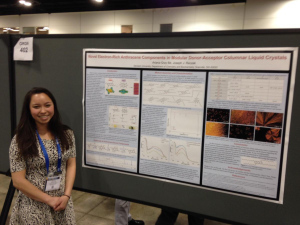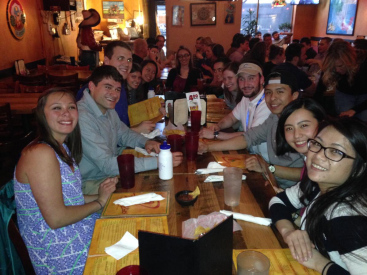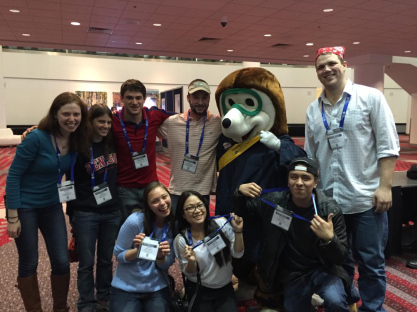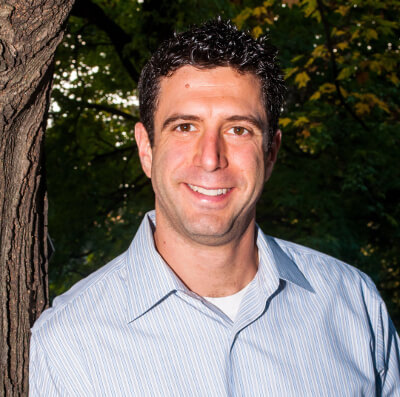For most undergraduates, their first exposure to a National American Chemical Society (ACS) conference can be overwhelming. Students will get the most out of the experience if they are provided a mix of structure and freedom that allow for exploration.
First, it’s important not to schedule every second of the students’ time.
A conference is a unique opportunity to experience the breadth and scope of our disciplines in a limited time and space – this experience won’t be matched in their undergraduate career.
Students should have unscheduled time to wander the floor of the expo, to allow them to see the variety of equipment and instrumentation used in the field, and a range of employers from instrument companies to text-book publishers.
Research should be a goal as well. This year I’ve told my students to go check out a number of HPLCs, something our department is interested in acquiring.
The array of talks can be overwhelming for students. I encourage students to choose talks they would like to attend and provide a number of suggestions to help them select these.
I also urge students to attend the awards talks of various divisions. They usually represent a high caliber of research, which can be difficult for undergraduates to judge for themselves. These talks also tend to present more of an introduction to a subject, while having a broader scope, making them more accessible for undergraduates as apposed to most general sessions.
Another method is to point students toward researchers that I know personally or by reputation as being good communicators. For example, if I see a talk by Geoff Coates on the program, I recommend they attend because I think he’s a great chemist and speaker. In addition, Geoff happens to be a polymer chemist, which is an area of chemistry to which many undergraduates don’t get a lot of exposure.
I also point out the variety of undergraduate programming available. There are sessions on applying for graduate school, writing a resume, etc., that most students will find beneficial.
I require student attendance at two other events in addition to attending whatever session they are presenting in. As part of these events, I choose an afternoon plenary talk and require everyone to attend as a group.
In recent years, the Kalvi lecture series, which promotes groundbreaking discovery, has been an excellent choice because of the prestige and quality of the speakers (get there early to save seats!). We then all walk together to a local restaurant for a group dinner that includes all Denison students and faculty. This is a highlight of the trip for many, and we always make sure to take a picture.
It may be surprising, but I do not require students to write a paper about attended talks or their time at the conference. I want them to enjoy their experience without having to focus on completing an assignment. That being said, I do set clear expectations about the conference, attendance and opportunities for them to take advantage of.
This mix of structure and freedom is designed to maximize the student experience, allowing time for education, exploration and inspiration.
Ready for national conferences
February 26, 2016
